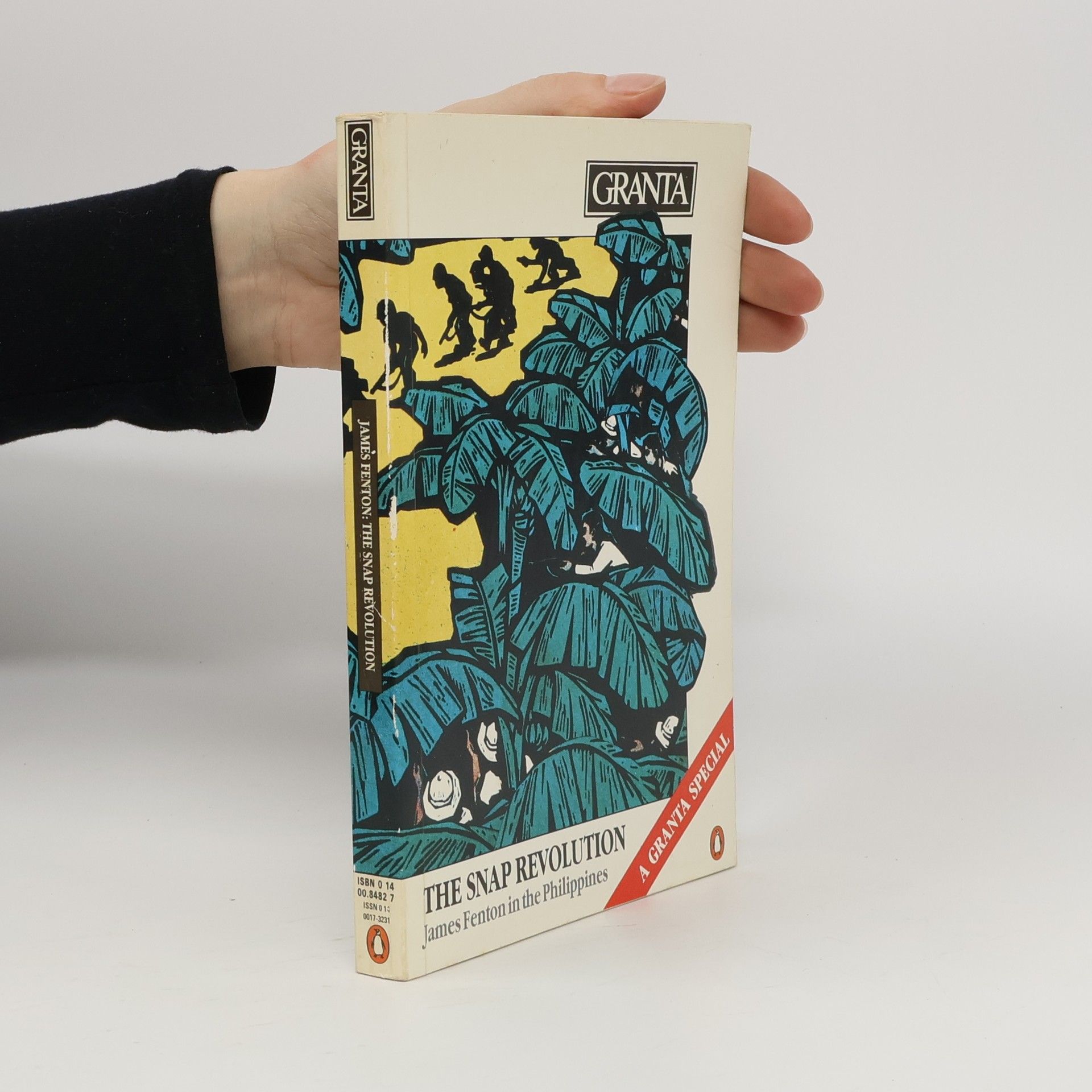Riccio's Oil Lamp
- 64pages
- 3 heures de lecture
New volume in the Frick Diptych series focuses on an a remarkable Renaissance bronze oil lamp, pairing an essay by Frick director Ian Wardropper with a new poem by James Fenton.
James Fenton est un poète dont l'œuvre se caractérise par une observation aiguë et une perspicacité politique. Ses premières expériences dans le journalisme et en tant que correspondant de guerre ont façonné sa capacité à saisir l'essence des événements et des destins humains. Le style de Fenton est précis mais évocateur, mêlant souvent réflexions personnelles à des commentaires sociaux plus larges. Sa poésie explore les complexités du monde moderne avec un mélange unique d'intelligence et d'empathie.






New volume in the Frick Diptych series focuses on an a remarkable Renaissance bronze oil lamp, pairing an essay by Frick director Ian Wardropper with a new poem by James Fenton.
An overview of landscape change in the Scottish Highlands over the millennia and its continuing change. It analyses and challenges the common view that the Highlands were deforested by people.
What plants would you choose to grow, given an empty patch, and given the stipulation that you don't want to spend six months first designing it on a piece of graph paper and that everything you grow in this garden must be raised by you from seed? What would you like to eat next year, which flowers would give you most pleasure? With this simple premise, James Fenton sets out his happy vision of a garden, and devises the perfect starter kit for gardens as modest as a face flannel on a windowsill, or as grand as Versailles.
'The New Faber Book of Love Poems' presents some of the most emotive and memorable lyric poems produced in the English language from the Renaissance to the present.
Reportage resists easy definition and comes in many forms - travel essay, narrative history, autobiography - but at its finest it reveals hidden truths about people and events that have shaped the world we know. This new series, hailed as 'a wonderful idea' by Don DeLillo, both restores to print and introduces for the first time some of the greatest works of the genre. A visceral, on-the-spot, and unforgettable account of the fall of Saigon, war-ravaged Cambodia, and the Philippines in the midst of revolution from James Fenton, the right man in the wrong place in dangerous times.